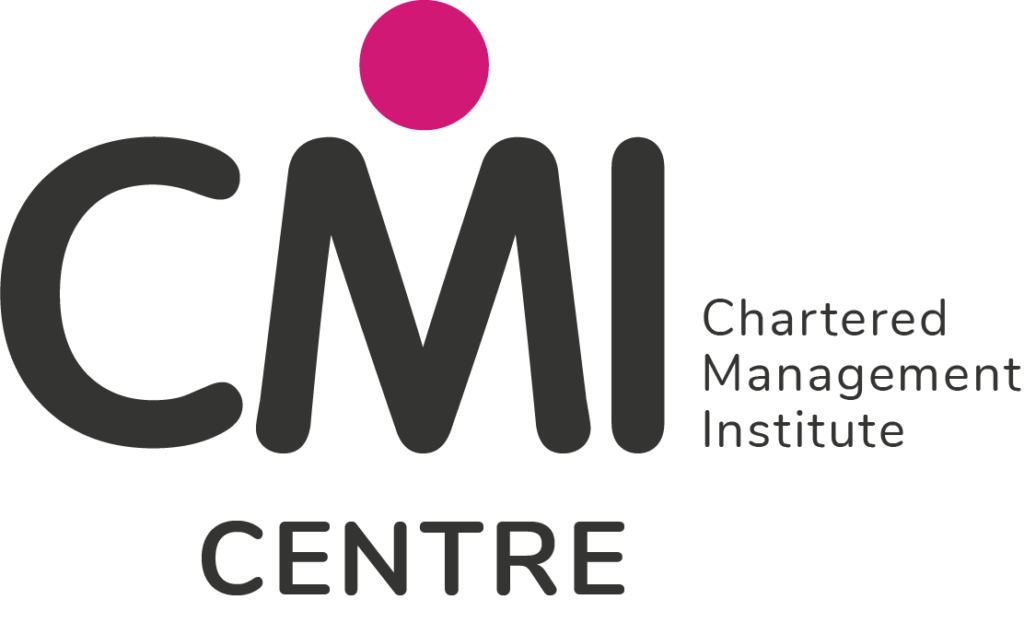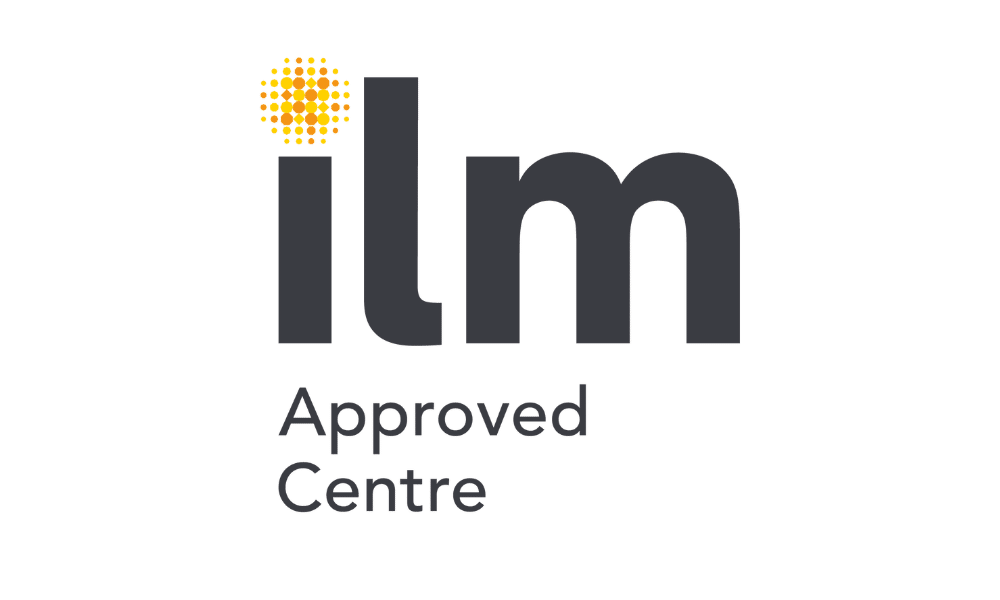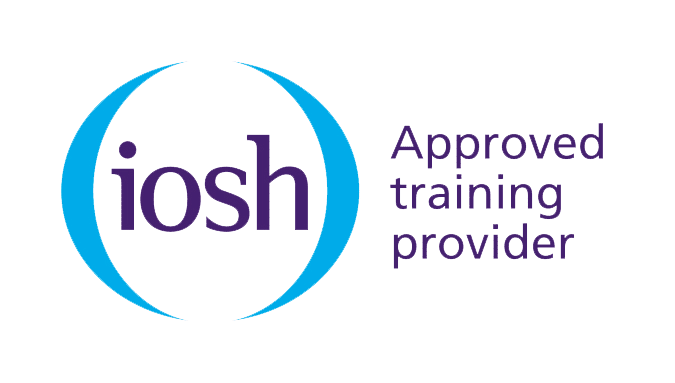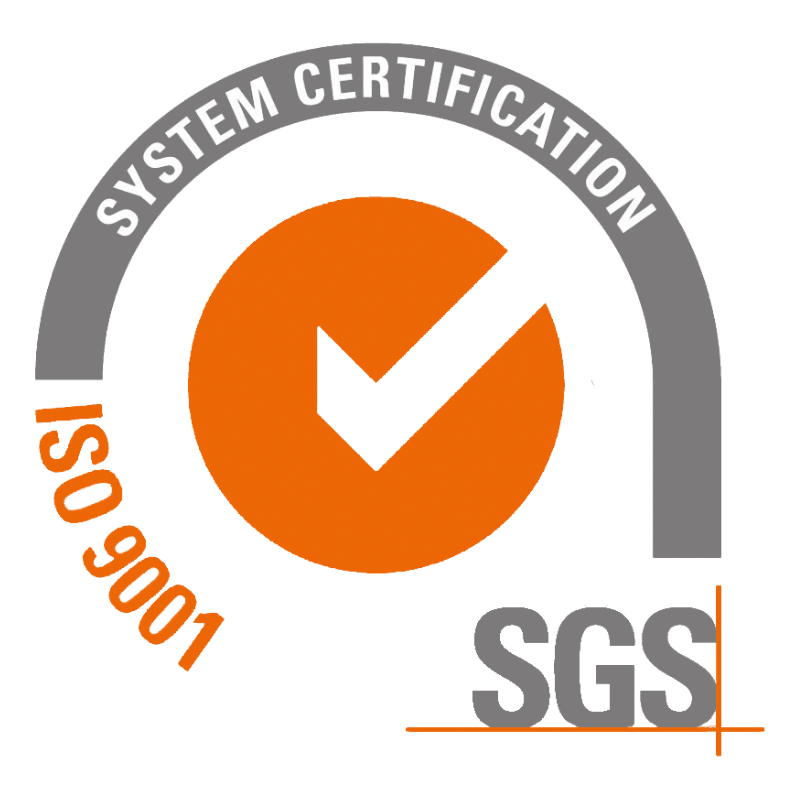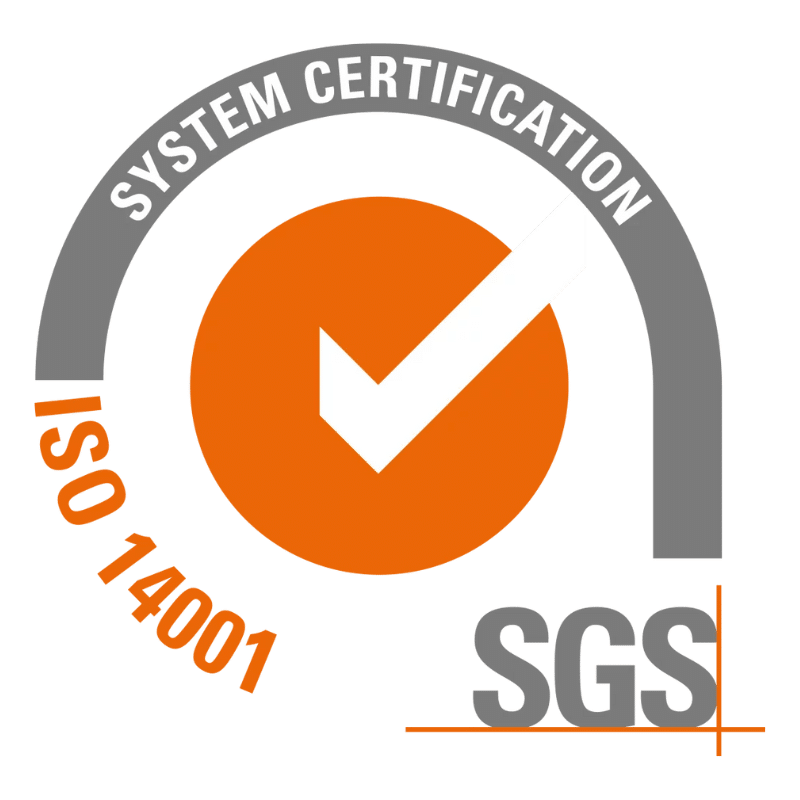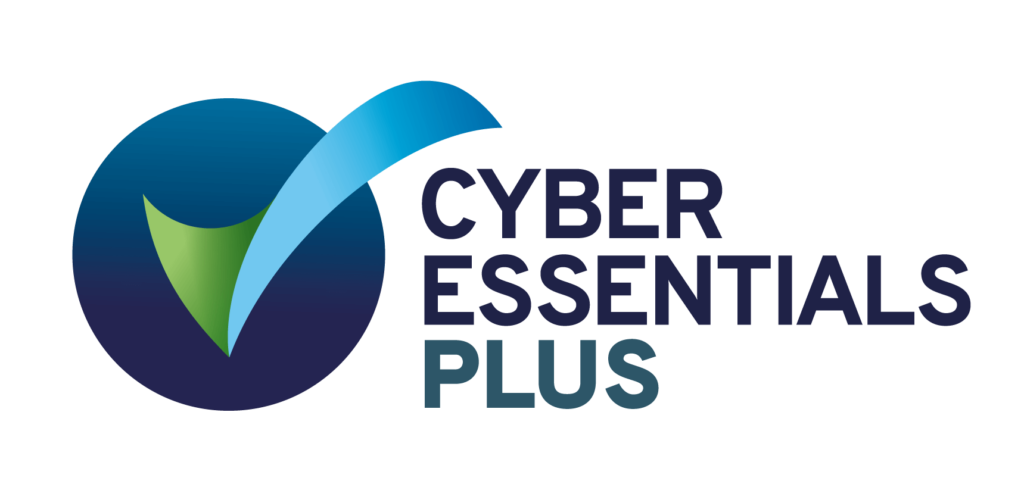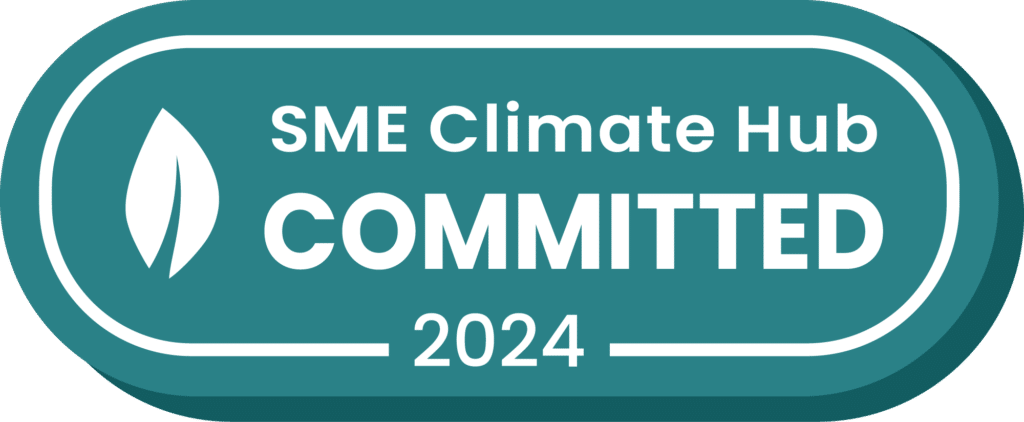Organisational change is everywhere and, according to the awarding body ILM, coaching is one of the workplace approaches and processes that can help teams to implement it.
This was the view shared by 76% of respondents to a coaching survey* and even more – 79% – see the value and benefits of coaching in helping teams to adopt new technology and different ways of working.
Given these statistics come from a pre-pandemic survey, the latter feels highly prescient to modern challenges as global workforces adapt to hybrid working and master the associated technologies that support them. Anything that will increase levels of confidence in how people are working is sure to be appealing in uncertain, unpredictable and fast-moving times.

In recent years we have seen a welcome increase in research on the positive impact of coaching support at work, evidencing the business benefits and improvements in individual performance and effectiveness. As well as a system or habit of formal coaching, with relationships between coaches and coachees deliberately given time and space to grow, there is also business benefit in a coaching style of leadership being deployed by managers. Where this style is practised, the evidence suggests that cultures become more positive, individuals take more responsibility, and communication is improved.

Communication, one of coaching’s key skills, is often cited as a missing element when change doesn’t stick. When employees see communication as opaque or even non-existent, they fill the empty space with assumptions instead of facts, and this disengages them from the whole process. Qualified coaches have developed their skills around the what, when and how of effective communication, to cut through this empty space. They know how to ‘package’ their message, considering any ‘noise’ that will interfere with it along its journey, and do everything they can to ensure that recipients are ‘unpacking’ and understanding it at the other end.
The reason that coaching is considered such a highly beneficial and multi-purpose solution is that workplace coaches don’t need to be experts in the role or responsibilities of the coachee. They do, however, need training and expertise in coaching and its related skill set in order to realise the benefits.

Distributing a cohort of qualified coaches through your workforce, who can use their new skills to support colleagues alongside their existing responsibilities and within their current role, can be an extremely powerful tool as organisations look to engage their entire workforce with change programmes and modern ways of working.

As a highly experienced Approved Centre with ILM, Eliesha Training can provide engaging programmes of learning towards their internationally-recognised and market-leading Coaching & Mentoring qualifications at Levels 3, 5 and 7 and through a variety of delivery methods including virtual learning.
Investing in a coaching approach and embedding it into the culture with such qualifications is a fantastic way to support your workforce and enable continued professional development that delivers a beneficial return. It also demonstrates that you’re just as invested in employees’ personal growth as you are in the growth of the company.
“Eliesha has provided the University with ILM Level 5 and Level 7 coaching and mentoring programmes. Both programmes have been so well received that we are running further programmes for both levels.”
“Eliesha is an extremely professional company and their work has been of a very high standard, the quality of the delivery from the trainer is excellent and feedback from our delegates supports this. Eliesha has played an invaluable part in making our University ‘Coaching Academy’ the success it is today.”
– Head of HR, Russell Group University
If you’d like to arrange an open, informal chat about your learning and development requirements – coaching qualifications or otherwise – just email [email protected] or fill out the enquiry form on our Talk to Us page.
*’Cracking Coaching – Five Ways to Make an Impact at Work’ – ILM
